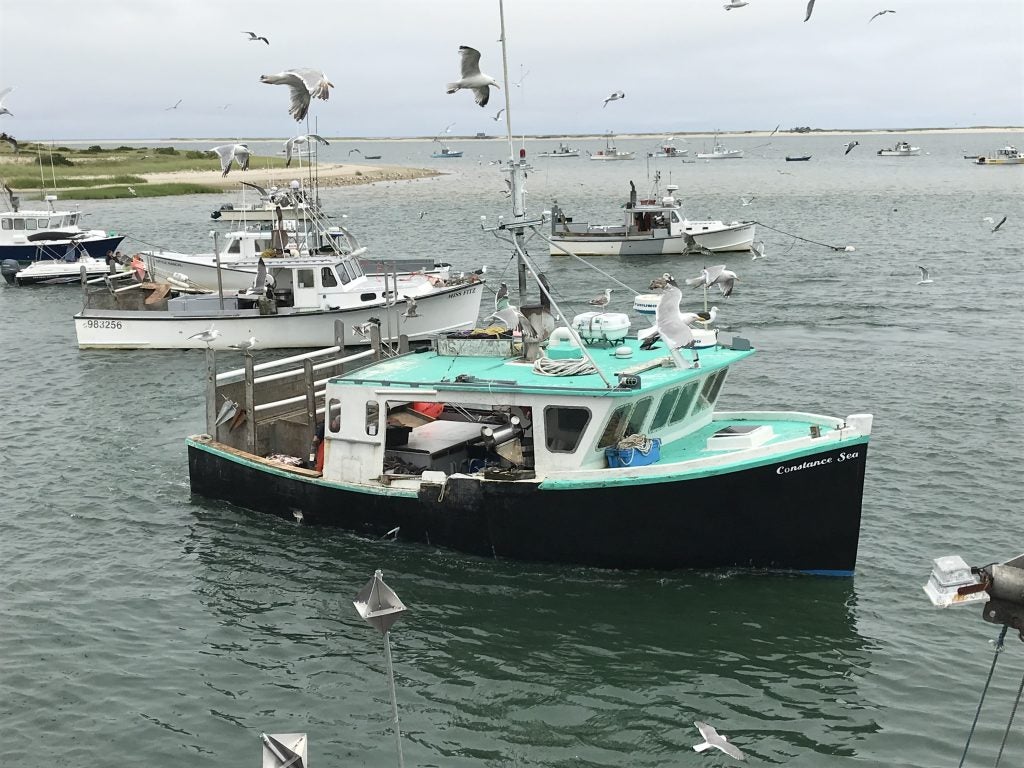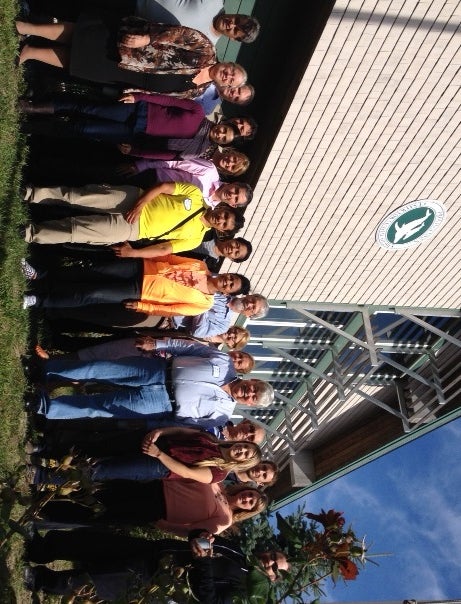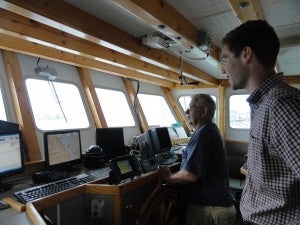 Editor’s note: This is the third in a multi-part blog series, Fisheries for the Future, examining the impacts from climate change on global fisheries and the opportunities to address these emerging challenges. Throughout the series, we’ll be investigating how climate change will impact the world’s supply and distribution of fish and what we can do to ensure the most sustainable future for ourselves and our planet. Learn more about this work: Resilient Seas
Editor’s note: This is the third in a multi-part blog series, Fisheries for the Future, examining the impacts from climate change on global fisheries and the opportunities to address these emerging challenges. Throughout the series, we’ll be investigating how climate change will impact the world’s supply and distribution of fish and what we can do to ensure the most sustainable future for ourselves and our planet. Learn more about this work: Resilient Seas
In New England, as in many other parts of the world that rely on fishing for food and income, there is a growing need to predict and adapt to climate change as it worsens. One of the most important aspects of dealing with climate change is to look ahead and put in place goals, objectives, scientific research and management practices that are responsive to future conditions. As we anticipate a climate-altered future, we will continue to value healthy ecosystems and the benefits derived from fisheries. However, healthy ecosystems and sustainable fisheries of the future may be very different from what we are used to. The ability of the oceans to support thriving ecosystems and fishing communities will depend heavily on actions we take today. Read More














